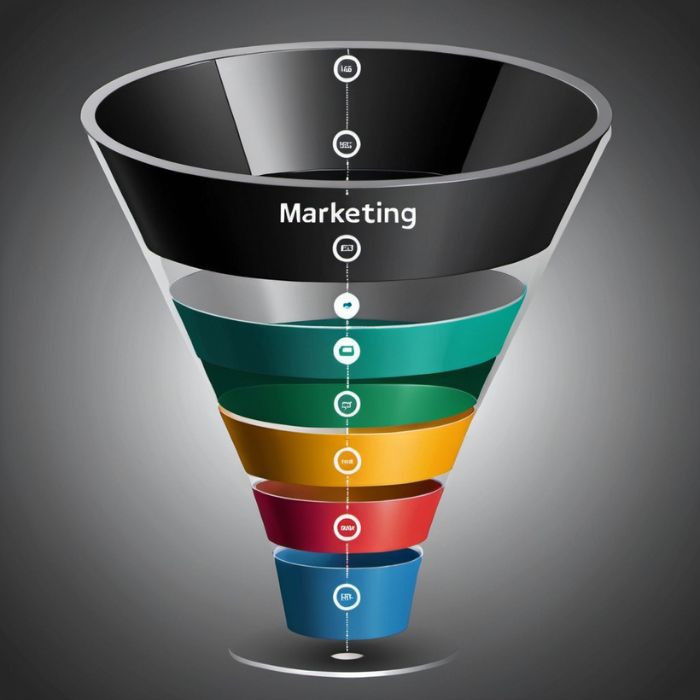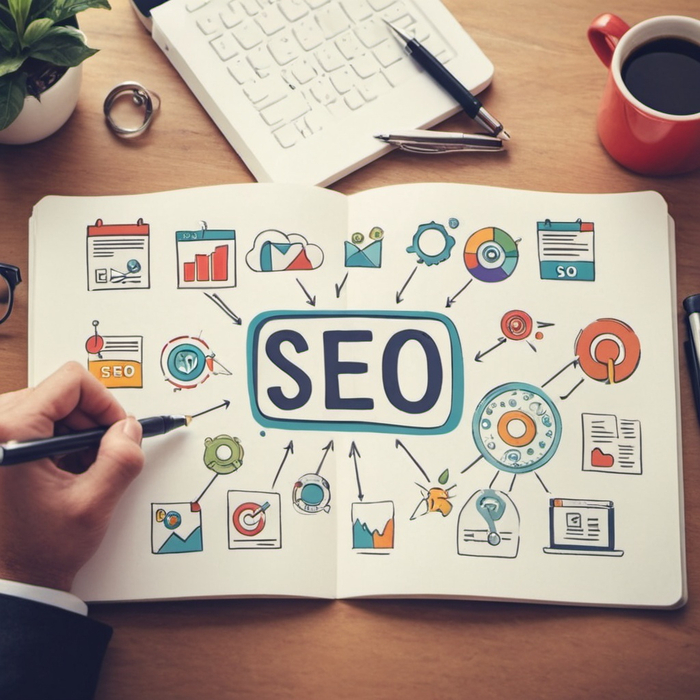Best CRM Software for Sales and Marketing in 2025
Customer Relationship Management (CRM) systems have evolved from simple contact databases to AI-powered sales and marketing engines. In 2025, businesses using CRMs experience 28% higher sales conversions, 34% faster deal cycles, and 40% improved customer retention.
This guide compares the top CRM platforms in 2025, helping you choose the best solution based on automation capabilities, AI features, and team size.
Quick Links:
-
Why Use a CRM Tool? (Business benefits explained)
-
Quick Comparison Table (Feature overview)
Table of Contents
Why Use a CRM Tool?
Modern CRMs help businesses:
✔ Centralize customer data in one accessible platform
✔ Automate sales pipelines and follow-up sequences
✔ Personalize marketing campaigns at scale
✔ Forecast revenue with AI-powered analytics
✔ Improve team collaboration with shared workflows
Learn how to implement CRM software effectively.
Quick Comparison Table
| CRM | Best For | Starting Price (2025) | Key Strength | Free Plan? |
|---|---|---|---|---|
| HubSpot CRM | All-in-one sales & marketing | $20/month | Free forever plan, marketing automation | Yes |
| Salesforce Sales Cloud | Enterprise sales teams | $25/user/month | AI forecasting, complex workflows | 30-day trial |
| Pipedrive | Sales pipeline management | $14.90/user/month | Visual deal tracking, automation | 14-day trial |
| Zoho CRM | Small businesses | $14/user/month | AI assistant, multichannel support | Yes (limited) |
How to automate sales with CRM? See advanced strategies.
Best CRM Tools (In-Depth Review)
1. HubSpot CRM: Best All-in-One Solution
Why Choose HubSpot?
HubSpot dominates as the most user-friendly CRM with seamless marketing integration.
2025 Key Features:
-
AI-powered lead scoring
-
Conversational CRM (email/chat/meeting tools)
-
Free email marketing tools
-
Predictive deal insights
Pros:
✅ Free forever plan with unlimited users
✅ 1,400+ app integrations
✅ Best marketing-sales alignment
Cons:
❌ Advanced features get expensive
❌ Limited customization in free version
Need email automation tools? HubSpot integrates with these.
2. Salesforce Sales Cloud: Best for Enterprise Teams
Why Choose Salesforce?
The most powerful CRM for complex sales organizations.
2025 Enhancements:
-
Einstein GPT AI (auto-generates emails/reports)
-
Revenue Intelligence (real-time forecasting)
-
Industry-specific editions
Pros:
✅ Handles complex sales processes
✅ Best customization capabilities
✅ Superior AI analytics
Cons:
❌ Steep learning curve
❌ Requires admin support
3. Pipedrive: Best for Sales Pipeline Management
Why Choose Pipedrive?
Pipedrive’s visual sales pipeline helps teams focus on closing deals.
2025 Features:
-
AI Sales Assistant (suggests next actions)
-
Revenue forecasting
-
Email & meeting automation
Pros:
✅ Most intuitive sales interface
✅ Affordable for small teams
✅ Excellent mobile app
Cons:
❌ Limited marketing features
❌ Basic reporting
4. Zoho CRM: Best for Small Businesses
Why Choose Zoho CRM?
Zoho delivers enterprise features at SMB prices.
2025 Innovations:
-
Zia AI assistant (predicts deal outcomes)
-
Blueprints (guided sales processes)
-
Social media integration
Pros:
✅ Most affordable premium plan
✅ 45+ built-in integrations
✅ Excellent customer support
Cons:
❌ Interface feels dated
❌ Limited customization
For small business CRM alternatives, see our detailed guide.
Final Thoughts: Which CRM is Right for You?
-
All-in-one marketing & sales? → HubSpot
-
Enterprise needs? → Salesforce
-
Visual pipeline focus? → Pipedrive
-
Budget-conscious SMB? → Zoho CRM
Pro Tip: 68% of businesses start with HubSpot then migrate to Salesforce as they scale.
CRM Implementation Checklist
Before choosing:
✓ Map your sales process
✓ Test mobile functionality
✓ Check integration needs
✓ Verify data security






